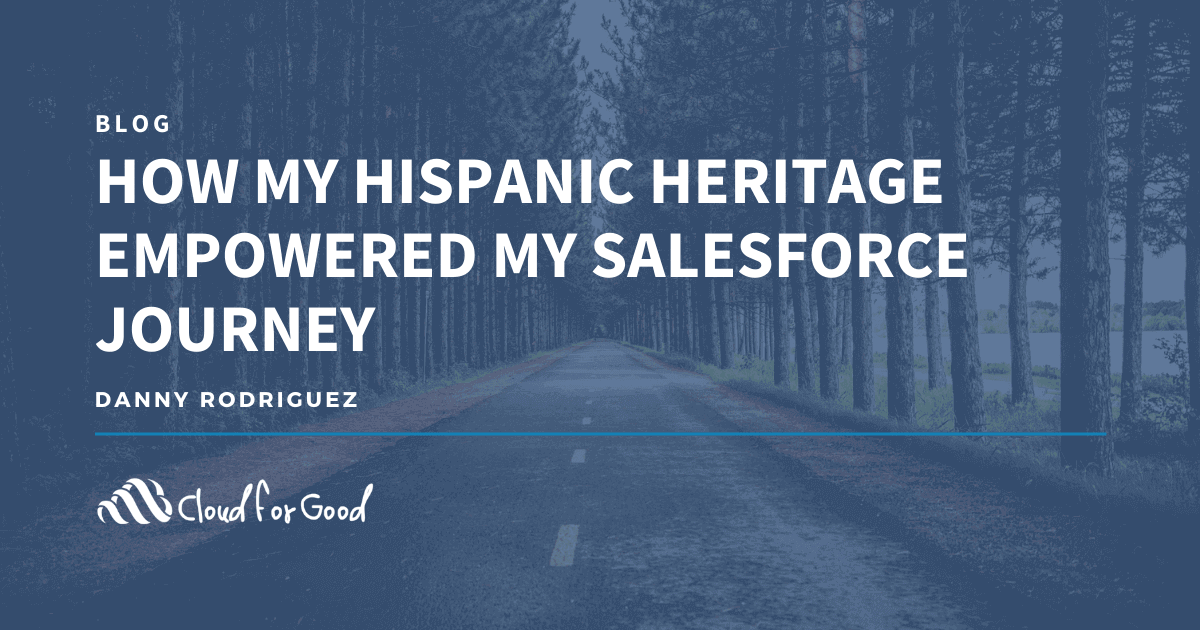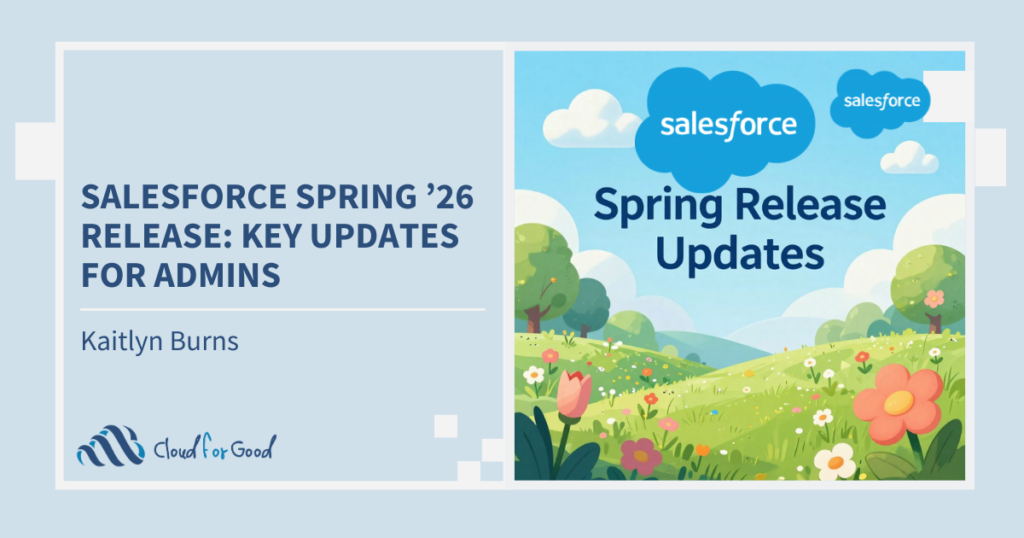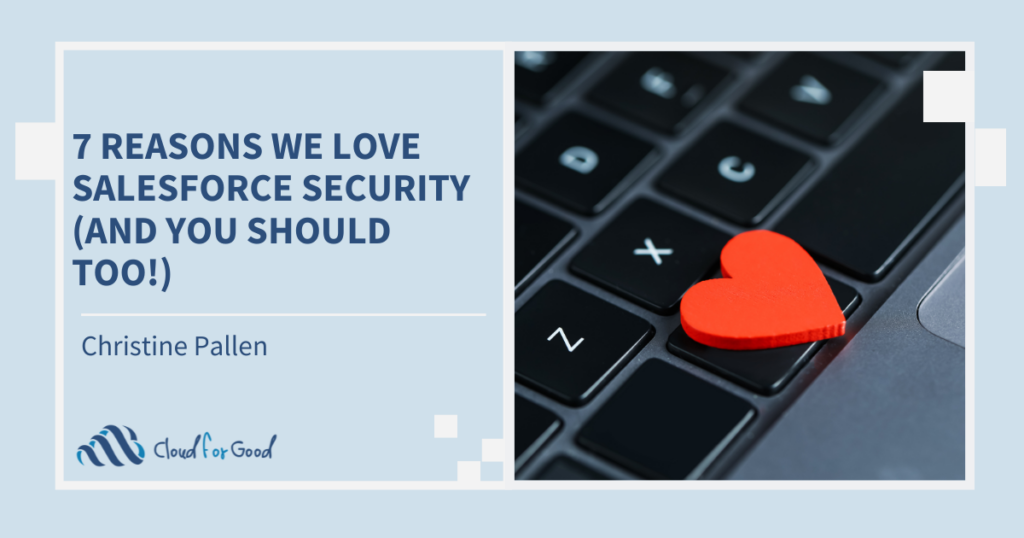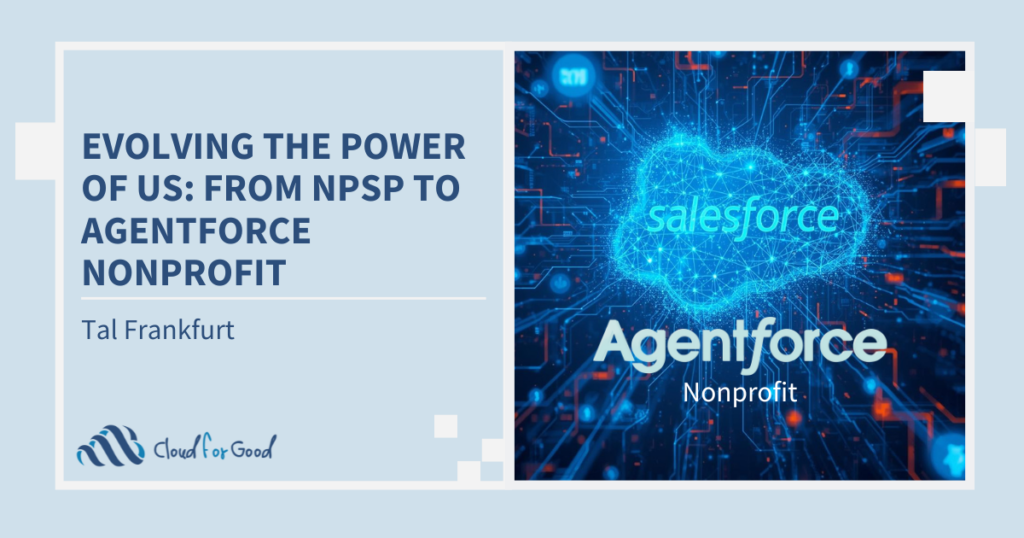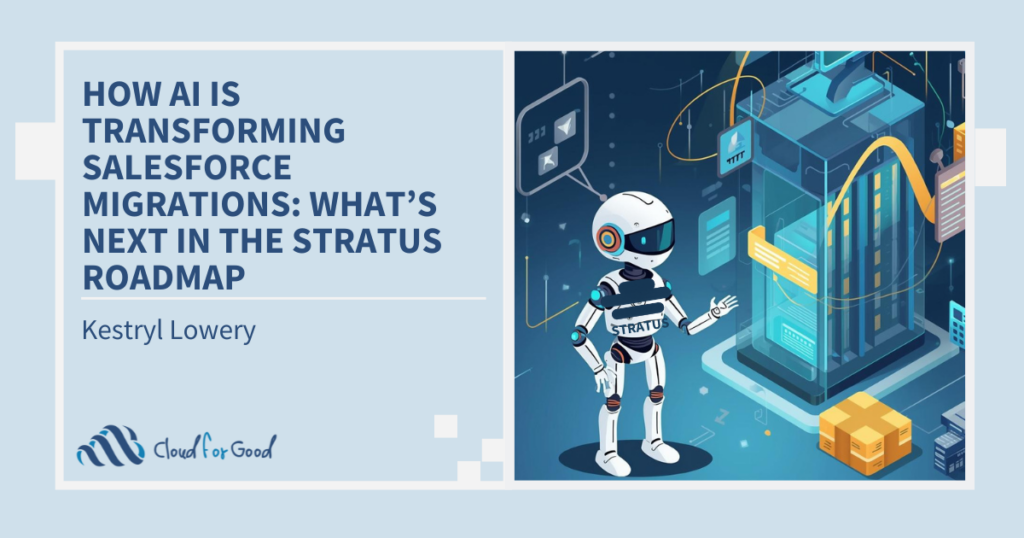As we continue to celebrate Hispanic Heritage Month, and cherish Hispanic culture year-round, I find myself reflecting on the journey that brought me to Cloud for Good.
Early Childhood + Failing Forward
Growing up in Hialeah, Florida, an area predominantly populated by Cuban-Americans, I never really felt “different.” My parents had immigrated to the United States from Cuba in the 80s with $400 to their name and no knowledge of the English language or American culture. I was in an area where most people looked like me and talked like me. It wasn’t until my first year of public school that I realized my experience as a Hispanic-American might be considered “different” to some. My family didn’t speak English, and no one in my neighborhood or surrounding area did either. Upon starting school, I failed kindergarten because I couldn’t speak or understand English and was put into ESOL (English for Speakers of Other Languages) shortly after.
I spent the better part of the summer after I failed kindergarten committed to learning the language. My parents had essentially grounded me for failing, and this meant I was able to stay home and watch episode after episode of Sesame Street. The children’s show actually became a big part of my English language education and gave me the confidence to assimilate into the new language. Once I started my ESOL program, I began picking up English very quickly. Prior to the program, I simply didn’t have the exposure or opportunity to learn English and exhibit an understanding of the language. But now that I had been given the tools and education necessary to immerse myself, I soon found myself thriving, so much so that I became the first child at my elementary school to go from the ESOL program directly to a gifted students program.
By the time I reached the sixth grade, I didn’t really consider either Spanish or English to be my primary language or secondary language. I thought of them both as my primary language because I was speaking them both so frequently. It became incredibly easy for me to think and speak in both, a true testament to the success of the ESOL program and how much it benefitted my development as a child. The notion of life being harder, or at least different, for me as a Cuban-American still hadn’t really entered my mind, but that would soon change.
Discovering What Makes Me Unique
My family moved from the heavily-Cuban environment of Hialeah to Orlando, a city much less diverse at the time, when I was twelve. The community we moved to was predominantly white, and I vividly remember this being the first time I felt what it was like to be perceived as different. Other kids would ask me what I was or where I was from. In my mind, I was always just an American. I had never considered myself anything other than me, but the new environment was now forcing me to think of myself as a different person from a different place. This led me to consider my heritage and my culture more deeply. It also led to my first real experience with racism.
My family and I were attempting to reserve a hotel room one day when the lady working at the front desk told my mom that they had no vacancies. The white woman assumed that none of us could speak English, not knowing that one of the children in this family, me, could understand the language completely by this time. After the woman turned us away, I heard her speak to a customer over the phone telling them that they did, in fact, have rooms available. We were refused a room simply because we were not the same race as the woman working. This experience, mixed with the hard realities I had faced with other kids my age, made me realize that I truly was perceived as different, even lesser, to some people.
Moving forward into my early adulthood, I found that I didn’t have much direction after graduating from high school. No one from my family had ever gone to college, my dad actually didn’t even finish high school since he chose to serve in the Cuban military over finishing school. My brother, on the other hand, knew exactly what he wanted to do, and became a firefighter right around the time I graduated high school. I looked to my brother for inspiration and seeing how passionate he was about his direction, I decided to follow in his footsteps. I attended college for one year before dropping out to become an EMT. While I proudly served for four years, I realized pretty early on that it wasn’t a long-term career for me because it just wasn’t my own passion. After that, I started surrounding myself with people that prioritized education and encouraged me to pursue higher education. I didn’t think I was smart enough to finish school, but I was supported by my friends and family and went back to college at the age of 22.
Since I was a bit older than most starting students, my college experience was focused solely on success and not so much on the social aspects of college. I was focused on graduating, getting good grades, and figuring out my career. I graduated with a degree in finance in 2010 and had planned to go on several interviews as a way of gaining experience with the process. My plans would soon change, however, after an interview with a healthcare-focused nonprofit organization. This organization’s mission was to help individuals who needed but couldn’t afford medication. I have always believed in healthcare as a right, not a privilege, and my EMT experience only deepened my love for helping people in need. I accepted a position with the nonprofit as a call center representative, thinking I’d stick around for a year to do my part and gain experience, then transition into a different career utilizing my degree… but that never happened. I knew from that point on that I never wanted to leave the nonprofit space, I wanted to be involved in helping my community and helping build a better society.

Finding My Calling
As I became more involved, I was constantly looking for more ways to help the organization. Answering calls and filling out reports didn’t feel like enough and it eventually led to me taking over the organization’s Salesforce instance. I never considered myself a technology person, but no one else wanted to manage the system, so I jumped on the opportunity to make a bigger impact. I didn’t begin my schooling or career with the intention of working with technology, but the more exposure I received to the Salesforce ecosystem, and the more impact I saw that Salesforce technology could bring to nonprofits in need, the more I knew that I had found my true calling.
All elements of my story have led me to Cloud for Good, combining my love of helping others with my inadvertent experience with technology and, more specifically, Salesforce. I’ve even been able to combine the love for my heritage and the love of helping others through leading Spanish language Salesforce training for El/La Para TransLatinas and NPH International, two organizations devoted to serving the Hispanic community at large.

From failing kindergarten and immersing myself in the language, to getting out into the world and understanding what makes me unique, I’m thankful for all the challenges life has thrown my way. Without them, I might not be in the position I am today, leading Cloud for Good’s Managed Services team and helping create transformational value through technology for so many important organizations. Self-discovery isn’t always an easy path to traverse, but the bumps in the road prepare you for where the road leads. I’m thankful for my experiences and proud of my Hispanic heritage. And I’m grateful to share my story with those that need to hear it this Hispanic Heritage Month.

